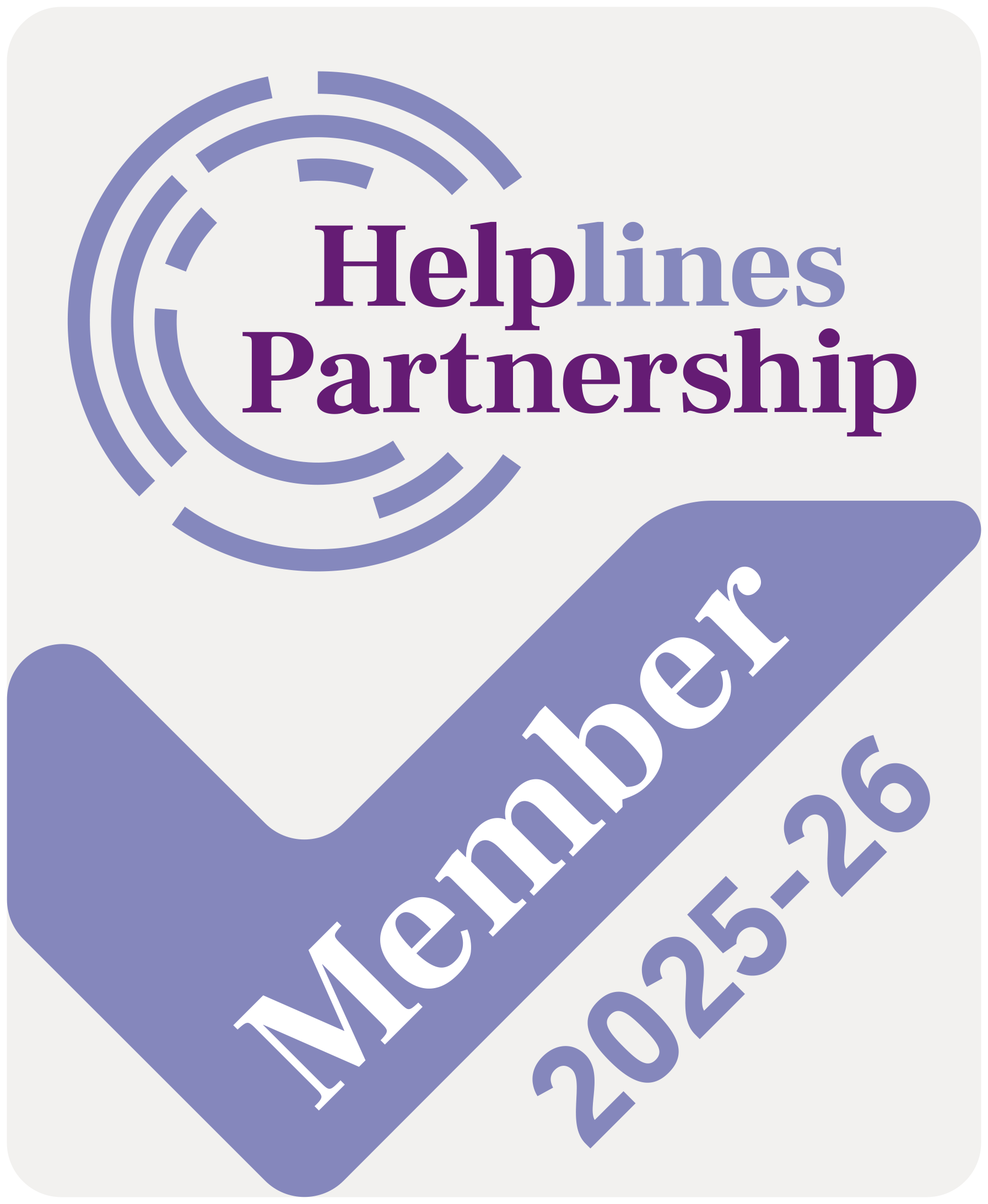Last updated on October 21st, 2025 at 06:34 pm
How to go about telling your family your child’s diagnosis is an individual decision, there’s not necessarily any one right or one way of doing it.
Some couples who are possibly very private individuals and not particularly close to their families may wish to take time to process it for themselves before they feel ready to tell friends or family.
Others who feel more connected and intimate with their families may wish to tell them immediately.
Overall when you do decide to tell them it is important to be open and honest, giving them information about the diagnosis and explaining the possibilities for the future.
If possible it is a good idea to tell people in person, this may not always be feasible if family live abroad or a long distance away, so a phone call or Zoom may be most appropriate.
For a few people writing a letter may be the easiest way of informing family.
Alternatively there may be an individual within the family who you feel close to and could ask to pass on the information to others especially the extended family, this saves you having to make contact with everyone.
Possibly for a very few couples there may be no connection to one of either of the grandparents and there may be some discussion about not telling them.
It may be unwise to not tell them at all. Possibly in cases like this a letter or a short phone call just explaining what has happened would prevent recriminations in the future, it may in some cases bring reconciliation for some families.
How much and who you choose to tell may also depend on the severity of the condition and how much it may or may not affect the child’s life, now or later.
You may wish your child to have as normal as possible an upbringing and feel that if too many people even within your own family know, this may affect the way they treat him or her.
What is important to think about is what is in the best interest of your child and you, making sure that it is not about keeping this a secret or being embarrassed or in denial yourselves, but doing what is right for you and your child.
Be aware that as your child gets older and is learning to live with or told about their own diagnosis, if it has been a family secret this puts the child in a difficult position.
Be prepared for different family reactions, many grandparents respond amazingly giving a real sense of being in it together, showing empathy, practical and emotional support.
Whilst, others can react by denying what they are being told, withdrawing or being over-protective and invasive into your family life.
As with your partner try not to take this personally, it can be incredibly hurtful and add to the stresses and strains of coming to terms with the diagnosis yourself.
One thing which is important to consider when deciding who to tell within your family is that the diagnosis may affect other members of the family.
They might need to consider genetic counselling themselves.
By Julie Johnson





